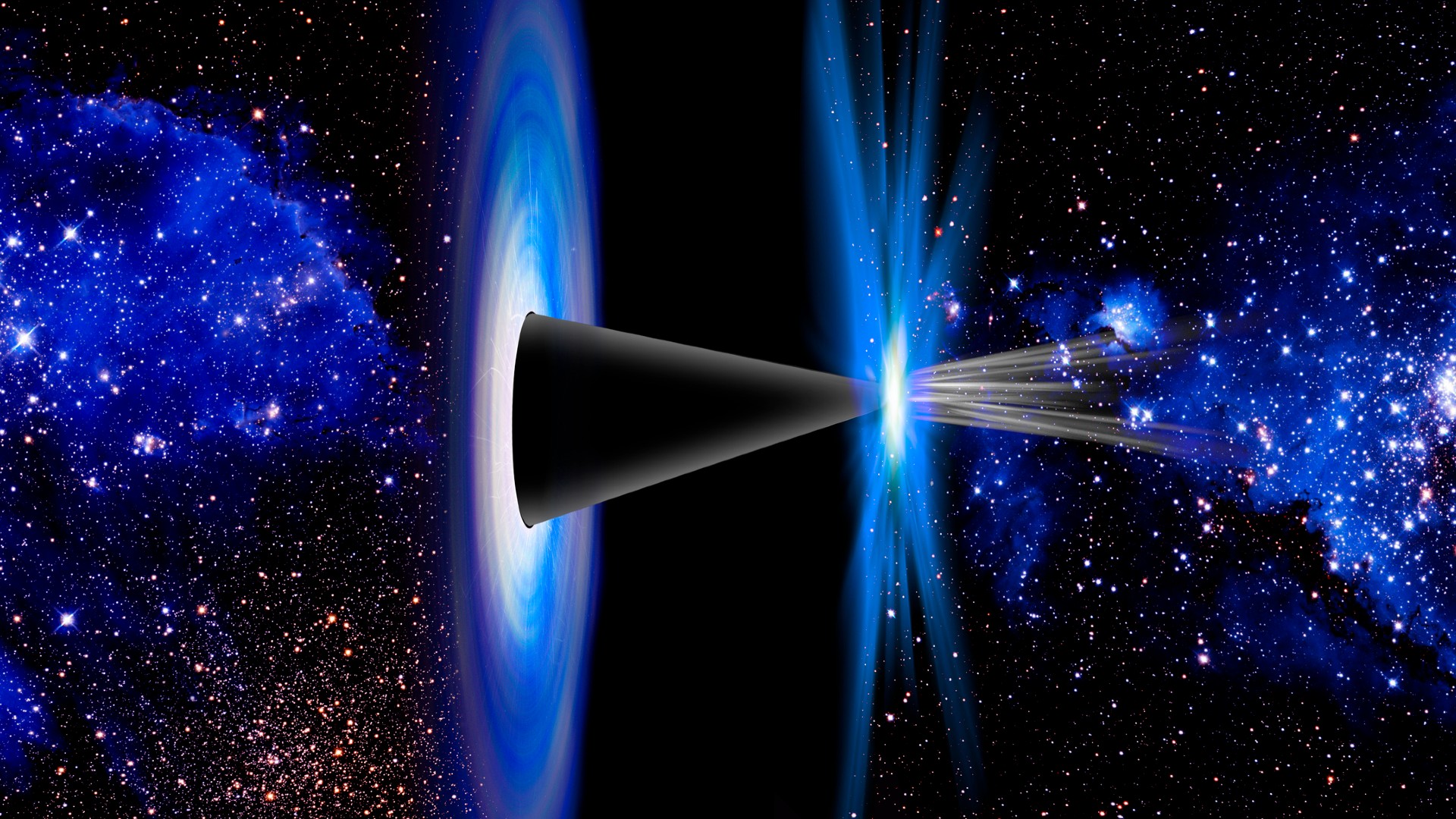A team of scientists is proposing a bold alternative to the Big Bang theory, suggesting that our universe may have formed inside a colossal black hole residing in a larger, parent universe. The Big Bang theory, along with Einstein’s general relativity, has successfully explained major cosmological phenomena, including the cosmic microwave background, the universe’s large-scale structure, and its accelerating expansion often linked to dark energy.
I mean, this doesn’t seem incompatible with the big bang theory
Yeah, I could have sworn I’ve heard this idea before - that our universe is basically just a white hole on the other side of a black hole singularity.
I don’t remember quite the theory I’m thinking of, but the point where “physics breaks” always seemed like the various equations became analogous to an identity matrix.
If one can assume that the physics in our universe do not change, and that density does “something”, it would sort of make sense that the infinitely dense point is an identity in our universe, but forms new laws of physics in a different universe. The conditions that make the black hole in our universe would prevent it from “bouncing” in our universe. But maybe in this “new” universe, time and space are inverted. Mirrored in time and space. While your first response might be “so time flows backwards in this universe?” that wouldn’t be the case from an observer in that universe.
The new universe would also possibly look wildly different - parity of particles could then be swapped, or possibly the charge-parity violation itself. Then in this universe an observer would witness an abundance of anti-matter, and if pions exist, they may have positive parity.
It would also mean that black holes could still form in this other universe, and given rise to new universes with our system of physics.
Now the problem with this is testing it. But it gives some cool questions, like, can we interact with these universes? Presumably, the ones opposite ours, absolutely not. We’d annihilate upon doing so. But the other ones? That becomes a fun idea.
Not exactly new. I remember reading about such a theory years ago, where they speculated that the “inside” of a a black hole could resemble a universe, but with one dimension less, and in return, our universe could be the “inside” of a black hole in a four-dimensional universe.
“…suggesting that the Big Bang wasn’t the absolute beginning of everything is controversial…”
well I guess its all relative, ayyye?
It depends on what is meant by “absolute” and “beginning”. It’s possible the Big Bang stretches “backward”, which is known as the “no boundary proposal”.
if the beginning of one is also the end of another, are either as finite as they claim to be?
Turtles all the way down!
Bubble up!
deleted by creator
No, not something like that.
It is merely a theory, the only known definite fact is the fact that nobody knows!






